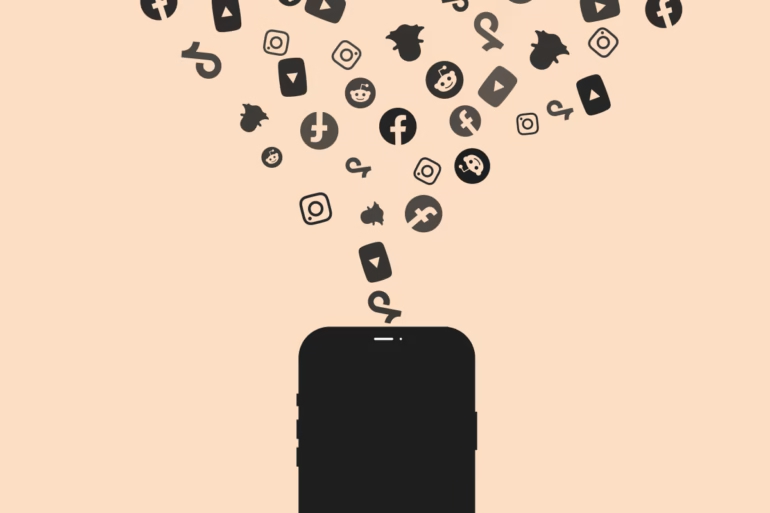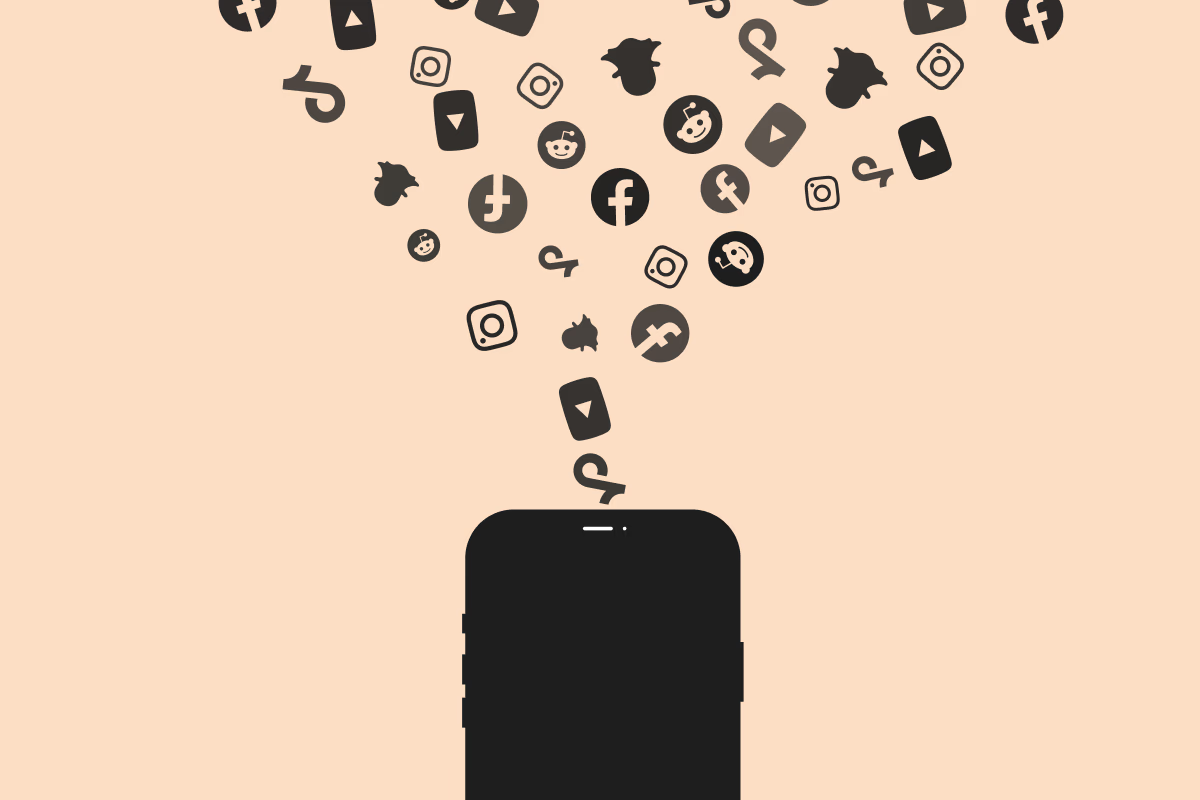-
 play_arrow
play_arrow
PUKfm
-
 play_arrow
play_arrow
London Calling Podcast Yana Bolder
-
 play_arrow
play_arrow
Summer Festival Podcast Robot Heart
-
 play_arrow
play_arrow
Electronic Trends Podcast Aaron Mills
-
 play_arrow
play_arrow
New Year Eve Podcast Robot Heart
-
 play_arrow
play_arrow
Techno Podcast Robot Heart
-
 play_arrow
play_arrow
Flower Power Festival Podcast Robot Heart
-
 play_arrow
play_arrow
Tech House Podcast Robot Heart
-
 play_arrow
play_arrow
Winter Festival Podcast Robot Heart
Awethu Khumalo
@awe2s_righttoe
What is your screen time? If you felt embarrassed or hesitated to answer that question, it probably means it’s too high—and you need to fix that. Understandably, it’s difficult to go offline and disconnect from technology because our world has become so digitalised. In the current socio-economic climate, we rely heavily on 24-hour news updates about what’s happening around the world, and we constantly check our phones to make sure we don’t miss a notification or update. However, the problem is that a majority of people are glued to their phones not because they want to stay informed, but because they have a screen addiction.
The longer you stay online, the more susceptible you are to being sucked into doomscrolling. Your algorithm will begin filling with nothing but negative news and “Debbie Downers” convincing you that the world has no good and everybody is evil. We all know the health implications of staying up all night scrolling on TikTok or spending hours watching brain rot on YouTube, yet we continue to do it. According to Consumer Affairs, the average cellphone user spends more than four hours on their phone every day and checks it 144 times a day. Those statistics are worrying, and it’s about time we take action. Here are some ways to reduce your dependency on your phone:
1. Set app timers and screen-time goals
Reward yourself with a sweet treat—or something else you enjoy—when you stick to your screen-time goal for a whole week. Over time, it will become a habit, and you won’t need the reward or even notice that you haven’t checked your phone.
2. Develop hobbies that don’t require screens
This could include going to the library to find a book on a topic you’ve wanted to learn more about or doing a fun arts-and-crafts project.
3. Create no-phone zones
Designate specific areas where you don’t look at or bring your phone—for example, no phone in bed and no phone in the bathroom.
4. Avoid checking your phone first thing in the morning and last thing at night
Instead, implement small routines during that time, such as stretching when you wake up or solving a puzzle before going to bed.
5. Use productivity apps
Download apps that block notifications and put your phone in sleep mode until you’ve completed a specific task. This helps rebuild concentration and prevents procrastination.
Constantly being plugged into technology can contribute to feelings of anxiety, stress, and exhaustion. These emotions make it difficult to appreciate life’s beautiful moments. When your only interactions are through a screen or over text, you forget how wonderful it is to speak to someone face-to-face and not have to guess their tone. Every second spent mindlessly staring at a screen is a second lost—time that could have been used more meaningfully.
How many of us can’t stand in a queue without looking at our phones? Or can’t eat without a screen in front of us? All the time spent inside a pixelated world was once used to strike up a conversation with a stranger or read a book with your meal. Don’t let your life be filled with needless hours of screen time and wasted opportunity.

Edited by Isabel Burgers
Written by: Wapad
Similar posts
Recent Comments
Chart
-
-
-
 play_arrow
play_arrow
I Had Some Help (feat. Morgan Wallen) Post Malone
-
-
-
 play_arrow
play_arrow
Not Like Us Kendrick Lamar
-
-
Top popular

VARSITY CUP TICKET RESELLERS AND BUYERS – MAY BE DENIED ACCESS

UNANSWERED AND UNSPOKEN: NWU’S SILENCE ON SUSPENSION OF SCC STUDENT LEADER

NWU EXPELS STUDENT LEADER AFTER INTERNAL FINDING OF SEXUAL MISCONDUCT

MARCHING FOR JUSTICE AND POLICE ACCOUNTABILITY: THE TRUTH BEHIND THE TMM LOFTS PROTEST

DEGENAAR PRAAT OOR DIE NA-SKOK VAN ‘N TRAGEDIE






Post comments (0)